The visit enabled the students to experience the continent first-hand
ABIDJAN, Ivory Coast, September 13, 2023/APO Group/ —
A cohort of 14 students from Tokyo’s Sophia University (https://apo-opa.info/45PdEMe) have ended a visit to the African Development Bank (www.AfDB.org) energised by the cross-cultural engagement and calling for deeper ties between Japan and Africa.
Their visit to the group headquarters, on Thursday 7 September 2023, was facilitated through the “Learn from Africa” (https://apo-opa.info/3EAgl8v) programme. It ignited a renewed call for strengthened partnerships and cooperation between the two regions. The students were led by Professor Eri Yamazaki.
“My interest in Africa began when I was in my third year of high school, because a member of my family had worked in Uganda. So, my dream was to work in international cooperation and after going to university, I started to take an interest in the Africa region and its areas and so realised that Africa had great potential for the market of tomorrow. That’s why I joined this “Learn from Africa” programme, explained Ayana Asakawa.
Shion Hirata, Suzu Ota, Wakaba Terashima and Rio Nagasawa are four other students enrolled in university courses – global studies, economic development, European studies, and education – who joined the trip to learn more about the African Development Bank’s activity and influence on the continent’s development.
The visit enabled the students to experience the continent first-hand. For most of them, Africa represented a vast unknown continent in a distant time zone.
“I didn’t know much about Africa before joining the Africa programme at the university, but I am discovering here that the Bank is a crucial institution for Africa’s development. It invests in infrastructure, road construction and health. I know that there are a lot of investments from China, India and Turkey too. Japan should do the same, more than it already does,” said economics student Kazuki Oki.
The group visited the Bank’s iconic head office, commonly referred to by staff as “HQ”, after which they went to the CCIA building that has housed the institution since the Bank returned to in-person work, following the end of the Covid-19 pandemic.
They met the Bank’s Japanese Executive Director, Takaaki Nomoto, who represents Japan, Brazil, Argentina, Austria and Saudi Arabia. They also met senior officials from the institution and other Japanese executives at the Bank, with whom they held working sessions in Japanese.
This has been an excellent session for our students, who have been able to understand what the Bank is doing and visualise how to think and work with Africa
In an overview of his work with the Bank, Nomoto said he worked to strengthen links between African countries and the countries he represents.
“My current challenge is to build an ecosystem between Africa and Japan in order to constantly grow new investment by effectively connecting entrepreneurs, investors, traditional businesses and governments in Japan and Africa,” he said.
A broader vision of Africa
In a short presentation, Kanaizuka Tomohito, in charge of resource mobilisation and partnerships at the Bank, introduced his young compatriots to the Bank Group: the entities which make up the group, its member countries and their geographical distribution, its capital, financial programmes and its “High-5” strategic priorities. He also underscored the partnership between the Bank and Japan.
“We are delighted at this educational exchange visit. Africa has no control over the international media and often receives a negative press. This creates a high perceived risk, which affects its investment climate and borrowing costs,” said Tapera Jeffrey Muzira, Senior Specialist in the Bank’s Human Capital, Youth and Skills Development Department.
“These students have come and seen the continent’s dynamism, the capacity for innovation in its young people and its real opportunities and challenges. They will leave the continent as ambassadors for Africa, to help others in Asia and elsewhere see Africa for what it is. It really is a land of abundance, limitless opportunities for entrepreneurship, fantastic people and tech-savvy young talent,” Muzira added.
Reviewing their visit, Yamazaki said: “This has been an excellent session for our students, who have been able to understand what the Bank is doing and visualise how to think and work with Africa. Our students were very impressed (…) and they learned a lot. I think that this invaluable opportunity has helped them gain a broader vision of Africa, of the world and of themselves. As you can see, their aim is to work with Africa in international cooperation. They said that they were able to work out how to think about their futures after the sessions,” she concluded.
Martha Phiri, Director of the Bank’s Human Capital, Youth and Skills Development Department, warmly welcomed the students, expressing a hope that some of them would return, to work in the continent.
“Wherever you are, think of Africa”, she urged.
At least one student signalled that they had heeded her call: Momo Ota promised to come back and work for Africa.
Distributed by APO Group on behalf of African Development Bank Group (AfDB).
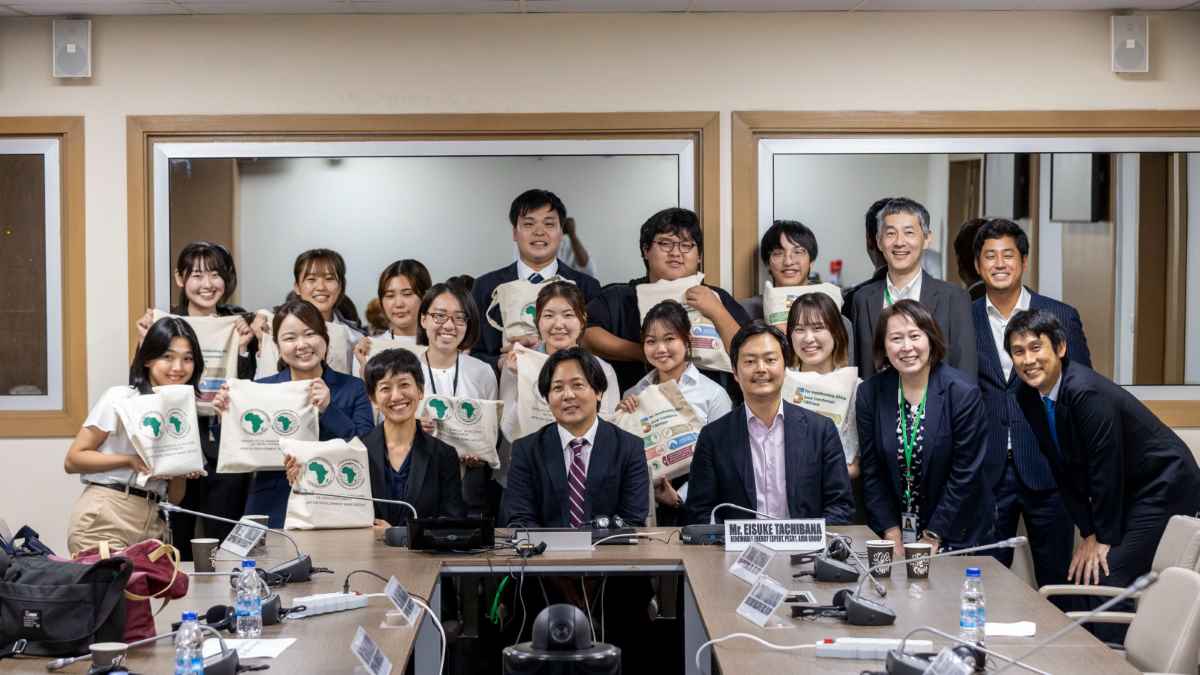

 Business5 days ago
Business5 days ago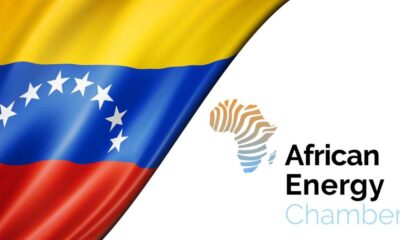
 Energy5 days ago
Energy5 days ago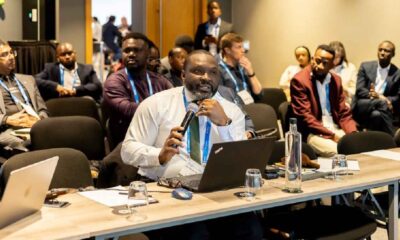
 Events5 days ago
Events5 days ago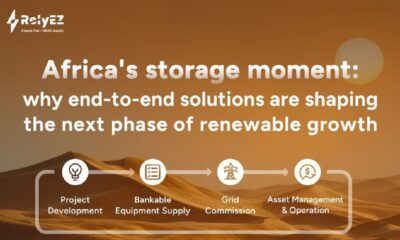
 Energy5 days ago
Energy5 days ago
 Energy5 days ago
Energy5 days ago
 Energy5 days ago
Energy5 days ago
 Business4 days ago
Business4 days ago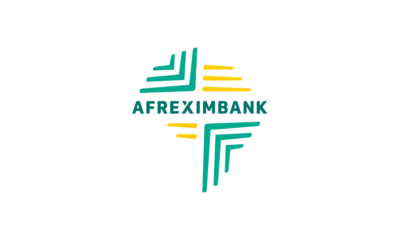
 Business5 days ago
Business5 days ago















